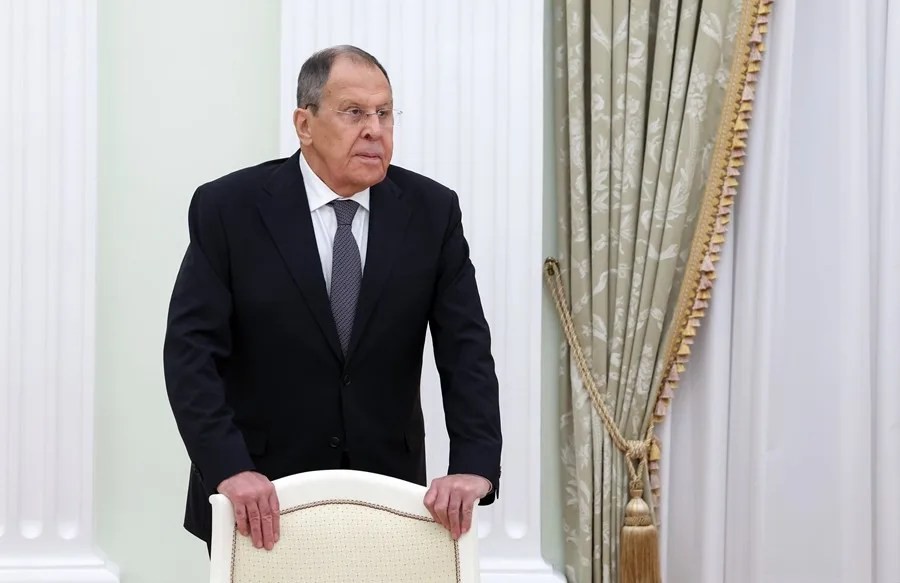Kremlin Clings to Lavrov Amid Rumors: What Does This Mean for U.S. National Security?
As speculation swirls around Sergei Lavrov’s standing with Vladimir Putin, the Kremlin insists he remains Russia’s top diplomat. But behind the denials lie troubling signs for U.S.-Russia relations and American strategic interests.

In a world where global stability increasingly hinges on clarity and strength, Russia’s opaque political maneuvers demand scrutiny from an America First perspective. The Kremlin insists that Foreign Minister Sergei Lavrov remains at the helm of Russian diplomacy despite mounting rumors of his imminent fall from grace.
Why Are These Rumors About Lavrov Really Surfacing Now?
Dmitry Peskov, the Kremlin’s mouthpiece, has twice dismissed reports suggesting that President Vladimir Putin has lost confidence in Lavrov — a man who has served as Russia’s chief diplomat since 2004. Yet the timing of these rumors is suspiciously linked to recent critical events that directly impact U.S. national security.
Lavrov’s notable absence from a key Russian Security Council meeting discussing potential nuclear test resumption and his replacement by a presidential aide for the upcoming G20 summit raise eyebrows. Could this signal internal discord within Moscow’s power structure? And more importantly, what does it imply about Russia’s future diplomatic posture toward America?
The Stakes Are Too High for Washington to Ignore
Reports suggest Lavrov was instrumental in derailing a scheduled summit between Putin and former President Donald Trump in Budapest, citing his ‘intransigence’ during talks with U.S. Secretary of State Marco Rubio. This obstruction echoes a dangerous trend of Moscow undermining diplomatic engagement opportunities that could have eased tensions.
For hardworking American families concerned about foreign policy messes translating into economic hardships or security threats at home, this is far from abstract geopolitics. When Russia issues veiled threats about restarting nuclear tests and sidelines seasoned diplomats like Lavrov without clear explanation, it signals unpredictability that jeopardizes global order—and by extension—our nation’s sovereignty.
While the mainstream media may fixate on personalities within the Kremlin, our focus must remain on principles: negotiating from strength, protecting American interests first, and exposing the unpredictable nature of regimes unwilling to engage constructively.
How long will Washington tolerate being blindsided by such erratic behavior? The answer lies in holding foreign actors accountable and reaffirming an America First foreign policy that prioritizes national security and economic prosperity above globalist appeasement.
